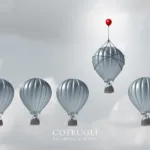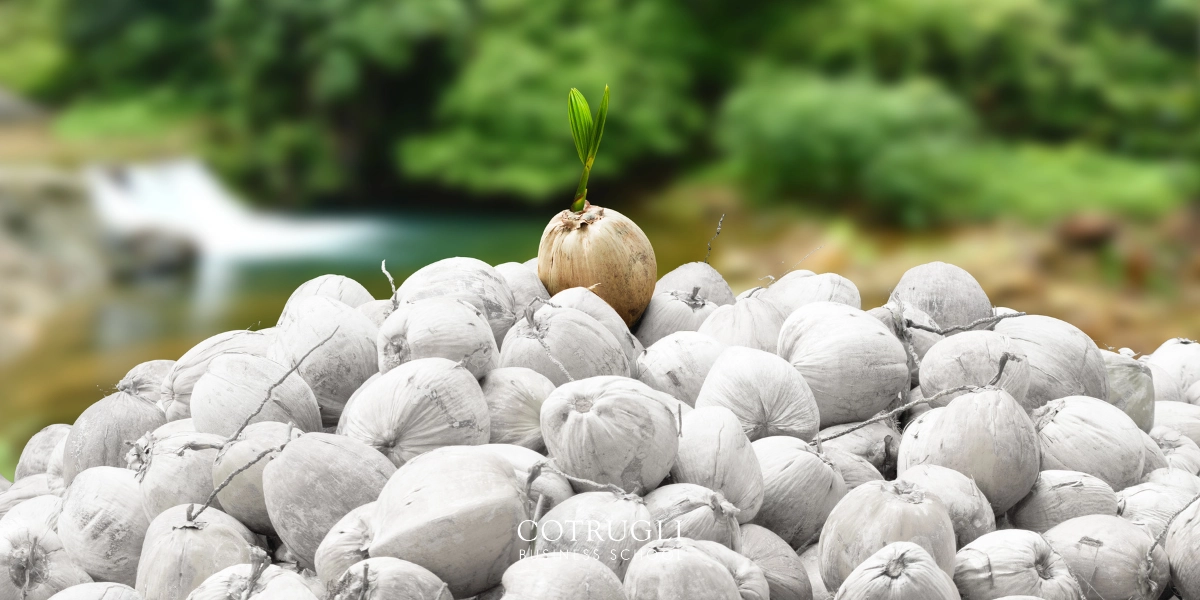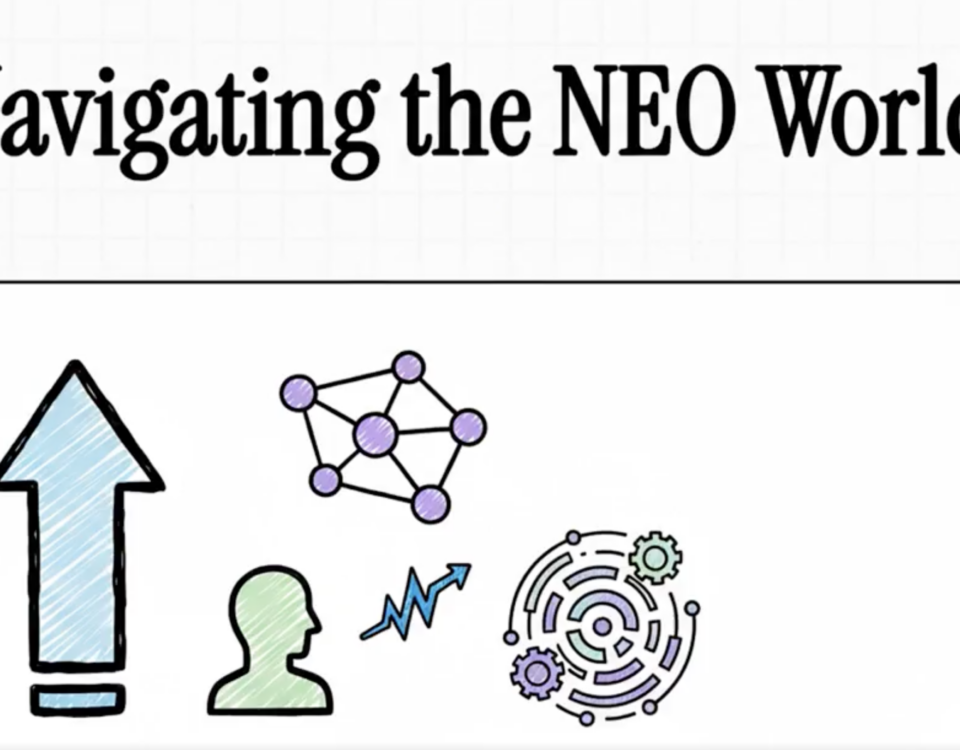
Success: What It Means and How to Measure It
18/09/2023
Unpacking Competitive Advantage: Strategies for Success in Modern Business
28/09/2023
The Age of Endless Comparison
We live in an era where comparison is instant. With just a few clicks, we can compare prices, services, and features of anything—cars, houses, even camels! While this helps us save time and money, the habit often spills over into more personal areas.
Many of us, consciously or not, compare ourselves to others. As we search for identity, we waver between wanting to be like someone else and rebelling against every social stereotype. Sometimes, we even believe we’ve found our individuality—only to realize we’re simply copying someone else’s look, style, or lifestyle. And yet, we think we’re original.
Why Comparison Weakens Us
Comparing yourself to others is one of the most disempowering habits. It often starts early in life and is fueled by media, advertising, and entertainment. We compare bodies, homes, careers, relationships, and personalities.
But this rarely strengthens our self-esteem. If it does, the boost is short-lived. Ego-inflation soon leads to ego-deflation. The more we compare, the more we doubt ourselves.
The Trap of Constant Comparison
In a culture obsessed with “people-watching,” comparison is a daily habit. We watch, then we compare. We compare, then we want. We want, then we become restless.
Someone else’s life seems better. Their success appears bigger. Their future looks brighter. These thought patterns are dangerous. Over time, they cloud our ability to think clearly and prevent us from feeling content.
The Beauty Myth and Its Illusions
One of the most common areas of comparison is physical appearance. The “beauty myth” convinces us that unless we’re stunningly attractive, we can’t be happy or successful.
Magazines and ads display flawless bodies and faces. We absorb this messaging and spend time, money, and energy trying to match these standards. But this only leads to frustration.
When we inevitably fall short of the polished, edited images, we feel defeated. That sadness can lead to depression—and more spending to fix our self-worth. It becomes a downward spiral of discontent.
Imitation or Inspiration?
Some argue that aspiring to be like someone else can be motivating. But this is where we must tread carefully. There’s a thin line between inspiration and imitation.
Recognizing virtue in others is healthy—but losing yourself in the process is not. When we imitate, we suppress who we really are. True growth comes from cultivating our own strengths and values, not copying someone else’s.
The journey of self-discovery is not about adding more but about remembering who we already are. We are complete. We are worthy. We’ve just forgotten.
Breaking the Habit of Comparison
To live a fulfilling life, we must stop comparing. Instead, we must learn to live from the inside out, not from the outside in.
Here are three truths to remember:
- You are unique. No one else in the world is exactly like you.
- Your life is a gift. You have the power to create, contribute, and uplift others just by being yourself.
- Everything you truly need is already within you. You can’t lose it—only lose sight of it.
The reflection you see in the mirror isn’t you. It’s the body you live in. Real beauty goes deeper than skin. It shines through when your thoughts are kind, your actions honest, and your heart open.
When your life is guided by love and truth, you won’t feel the need to compare. You’ll realize that comparison is a condition you’ve long since outgrown.
Reflective Practices
Question: In what areas of your life do you most often compare yourself to others?
Reflection: How would you define aspiration, inspiration, and perspiration in your personal journey?
Action: Each day this week, notice one beautiful or virtuous action in someone else—and if it feels right, tell them.
Written by our professor Mike George.




